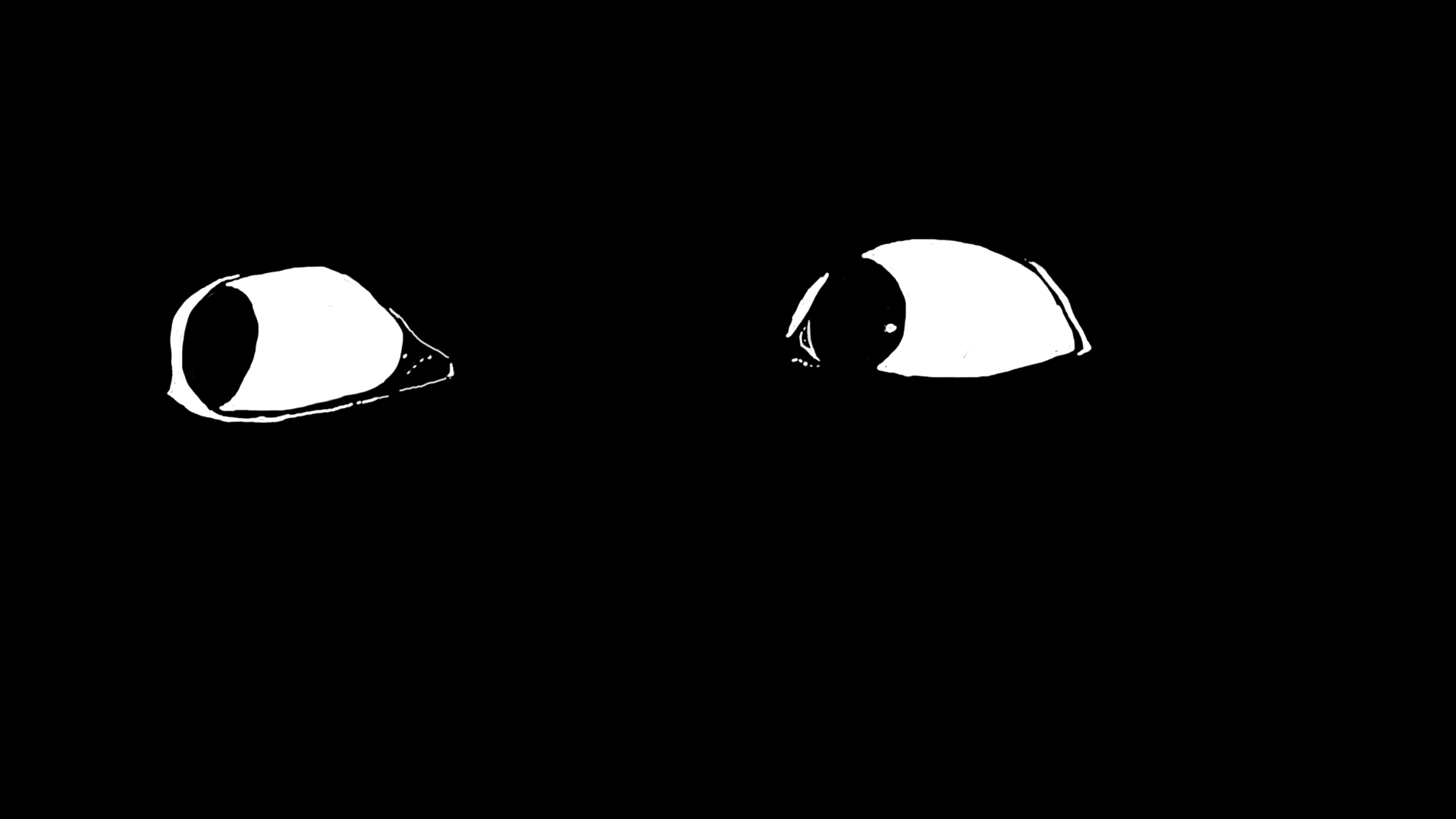
the turn to things requires a reconsideration of where knowledge resides—can humans and non-humans only be accessed and known relationally, as they meet? or can there be a thing-in-itself, individuals-in-themselves, and a third space where they encounter each other? (godin, 2022, p. 122)

i’m always open to students/colleagues who want to collaborate or engage in mentorship as i carve my way toward becoming a practitioner-scholar.

<aside> <img src="https://i.pinimg.com/736x/44/ff/2a/44ff2af6f48591ddcaf0d0aeff4afa63.jpg" alt="https://i.pinimg.com/736x/44/ff/2a/44ff2af6f48591ddcaf0d0aeff4afa63.jpg" width="40px" /> i navigate my responsibilities at both the centre for blended realities and research & knowledge exchange at falmouth university by exploring digital archival systems and their potential for enhancing audience engagement. alongside this, i work on impact case studies that measure how research findings make a difference beyond academia. i also take part in the early career research network as an affiliate at the environment and sustainability institute at the university of exeter.
</aside>
<aside> <img src="https://i.pinimg.com/564x/ab/a4/43/aba4438bd58def4c7976426d2b015fdc.jpg" alt="https://i.pinimg.com/564x/ab/a4/43/aba4438bd58def4c7976426d2b015fdc.jpg" width="40px" /> **my work is rooted in cross-disciplinary strategies aimed at amplifying the voices and narratives of justice-involved girls, sexual minorities and other marginalised communities whose stories are often overlooked and misrepresented. i believe that by bringing together insights from disciplines, i can create a fuller reading of the challenges these groups face and more importantly, provide platforms that empower them to share their experiences authentically.
during my ma, i designed an online autobiographical monologue workshop that leveraged video as a medium for exploring discussions on gender and sexuality. the project was awarded a distinction, a recognition that underscored the potential of using multimedia and personal storytelling as tools for reflection and dialogue. building on this foundation, my phd research focused specifically on justice-involved young women residing in out-of-home placements. many of these women had experienced significant trauma and social exclusion, which made it imperative to adopt methods that were sensitive and empowering and through a series of creative workshops that combined elements of drama, visual arts and reflective writing, i worked to help these young women reclaim their stories. the goal was to document their experiences and also to enable them to reinterpret their pasts and imagine new possibilities for their futures.
central to my research are the perspectives of mnemohistory, monster culture and hauntology: frameworks that go into how the spectres of the past continue to shape present realities. mnemohistory for instance explores how collective memories are constructed and transmitted, often distorting/silencing certain voices. meanwhile, monster culture challenges the binaries of normalcy and deviance and encourages one to consider how societal fears manifest in the treatment of marginalised groups. hauntology, with its focus on the unresolved echoes of the past, provides a lens for looking into how historical injustices continue to haunt contemporary social and cultural landscapes.**
</aside>
<aside> <img src="https://t4.ftcdn.net/jpg/08/00/73/01/360_F_800730152_rqzQBKmZEbo6LbudnMLpuy0vRUsCf540.jpg" alt="https://t4.ftcdn.net/jpg/08/00/73/01/360_F_800730152_rqzQBKmZEbo6LbudnMLpuy0vRUsCf540.jpg" width="40px" /> in addition to these theoretical underpinnings, i am dedicated to refining my skills in qualitative methods, digital humanities and the creative applications of technology in research. i believe that embracing innovative methodologies (not just instruments but as important analytical viewpoints) can transform how one conduct research and engage with participants. digital platforms in particular, offer unprecedented opportunities for participatory research, allowing marginalised communities to document/share their experiences in ways that challenge traditional gatekeeping practices in academia.
</aside>
biases in research methods: how to collaborate with the ghosts and monsters of research? investigates hidden assumptions using hauntological and monster-theoretical research tools. routledge. scheduled for publication april 2026.
drag me to kernow: impact, care and queer infrastructures frames cornish drag as a grassroots system of queer care and cultural support. routledge. publication details forthcoming.
making impact, making art: what shapes knowledge exchange in creative and specialist institutions? explores how creative organisations produce, value and measure impact. palgrave macmillan. expected publication date pending.

i’ve opted not to document my works as there are more convenient platforms available like google scholar (link above) and my orcid (0000-0003-1825-6146) to track my publications. i curate the chiaroscuro, a space for my writings on mnemohistory, hauntology and monster culture, along with contributions from across the globe.
the chiaroscuro is a handpicked hauntology-focused platform that i oversee, dedicated to the integration of academic and non-academic perspectives in exploring hauntology and its related viewpoints.
in the summer of 2023, i collaborated with accessed, an ngo committed to empowering students from underrepresented backgrounds. together we co-created a research-based tutorial pack for key stage 5 sociology and psychology called ‘girlhood chronicles: experiences of girls in the past few years’. it was published on 27 november 2023 and is available for access here. it’s an open-access resource.
i split my time (and brain cells) between the uk and taiwan. teaching, talking about research and all that jazz. i’ve scribbled down a few examples further down.

https://widgets.plusdocs.com/painting-grid
i’ve been working with dr jeremy chang over at the institute of education, national sun yat-sen university in kaohsiung, taiwan. usually it’s jeremy in person with the students and me beaming in online from afar. one highlight was our keynote hauntology and teacher beliefs in spring 2024: digging into historical ghosts, uncertain futures and invisible forces in teaching, all the spooky-but-useful stuff that shapes how teachers do their thing.
autumn 2025 we co-taught dark pedagogy: teaching through discomfort for ma and phd students. the idea: discomfort, uncertainty and even failure aren’t problems; they’re tools. we folded them into teaching and learning to spark curiosity, reflection and intellectual growth and mixed philosophy, psychology, critical pedagogy and a bit of hauntology magic. both courses ran in a blended style, in-person and online, and were honestly a lot of fun.


postgrad life and academia in general can be proper exhausting and let’s be honest, sometimes a bit belittling. but along the way i’ve met some wonderfully kind academics and supervisors who actually made it feel human and that’s the kind of vibe i’d love to pass on myself one day.